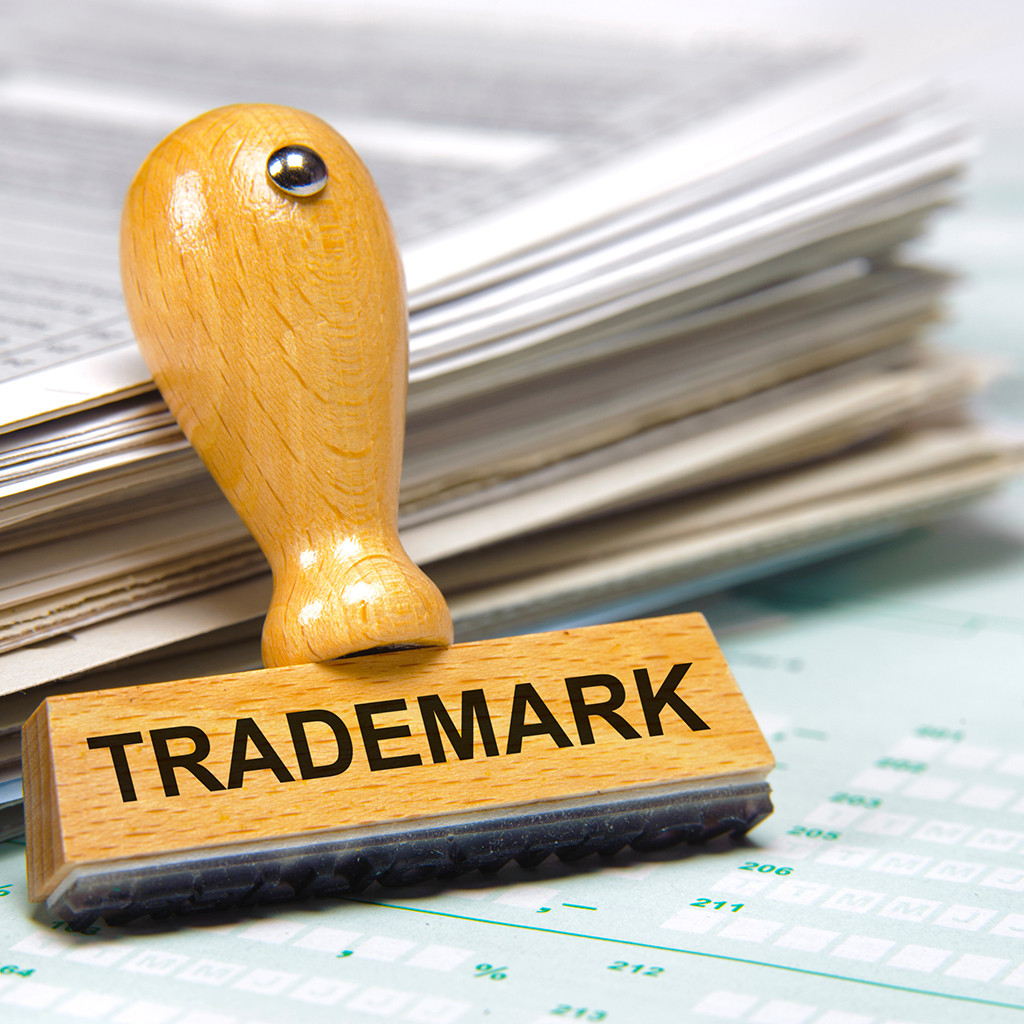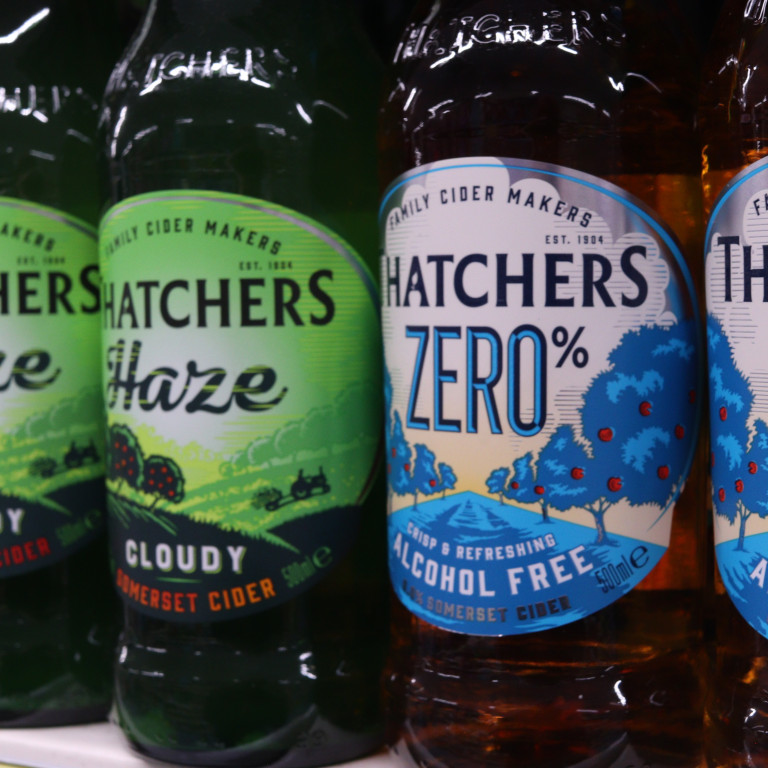A charity’s brand is what enables the charity to be recognised by the public and is closely linked to its reputation – its ability to attract fundraising and achieve its charitable aims.
Many charities have not considered trade mark registration and are relying on unregistered rights which can be difficult and expensive to enforce, leaving them unprotected and vulnerable.
1. Unregistered trade mark rights
An unregistered trade mark is a sign which has been used in the course of trading activities but has not been registered with the Intellectual Property Office (“IPO”). They do not carry the same level as registered trade marks and the evidential threshold for establishing a cause of action is normally higher.
2. The benefits of trade mark registration
A trade mark can be registered with the IPO and can be any visual identifier that distinguishes the charity from another business, most commonly the charity name or logo. Registering it gives you the exclusive right to prevent others from using the same or similar mark.
Enforcement
Enforcing a trade mark may be as straightforward as showing that the infringer has used it, without having to prove any loss, and action can be taken before the infringer has even begun trading. The value of this is that donors and those who benefit from the charity’s services are less likely to be confused between what the charity is doing and what other charities or organisations are doing. This kind of confusion can seriously damage a charity’s reputation and divert donors or end users away.
Usually, a letter enclosing the registration and threatening legal action is enough without ever restoring to court proceedings. This will save a charity the time and expense of relying on unregistered trade mark rights under the law of passing off.
10-year protection for a low cost
Trade marks, once registered, gain legal protection from the date of filing. There is a standard IPO fee of £170 (no VAT payable) for each trade mark application to cover one class of goods/services and an additional £50 for each class. Trade marks are renewable every 10 years.
Deterrent to infringers
Registration means the charity can use the ® symbol (or ™ meaning trade mark applied for) which is a visible warning to infringers that you take intellectual property rights seriously and are likely to defend them.
3. Protection of the charity’s domain name
Registration gives the charity protection in its domain name. Because a website domain name can only be composed of words and cannot be represented in a logo form, having the word mark is vital because it gives you control of domain names and prevents others from being able to use the word in their domain name or on their website.
4. Commercial partnerships
A registered trade mark creates a legal right that can be sold, assigned, franchised, or commercially contracted. Where a charity enters an agreement with a commercial organisation, e.g. to fundraise, this will typically involve the licensing of the charity’s trade mark to promote the organisation’s products or services for a royalty fee. Registration is a prerequisite to convenient dealings with third parties because it is important to be able to control how the other party uses the charity’s branding.
5. What to register as a trade mark
Any sign which is capable of being represented geographically can be registered as a trade mark so long as the mark is capable of distinguishing the charity’s goods and services from someone else’s. Where straplines are used, these should be considered for trade mark registration. If you operate ongoing services, including recurrent events or the sale of products under a brand name, it is recommended that these brands also be registered as trade marks.
Each trade mark must denote the type of goods and services offered under the mark. Once submitted, an application cannot generally be amended and it is important to get the application right and include all goods and services that will be offered under the trade mark.
6. Trade mark series
Before seeking legal advice for trade mark registration it is advised that the charity takes stock of the wording, logos, and straplines in use. If a charity has different variations of a trade mark then these might qualify as a trade mark series. These consist of up to six marks in a single application and a series of more than two marks is subject to an extra fee of £50 per mark which would save the expense of numerous trade mark applications.
Find out more
Trade mark trends and regulations are constantly shifting and it is critical to have expert lawyers on your side. Tozers’ Intellectual Property team has the comprehensive knowledge you need to help your charity establish its branding identity and advise upon trade mark licensing.




